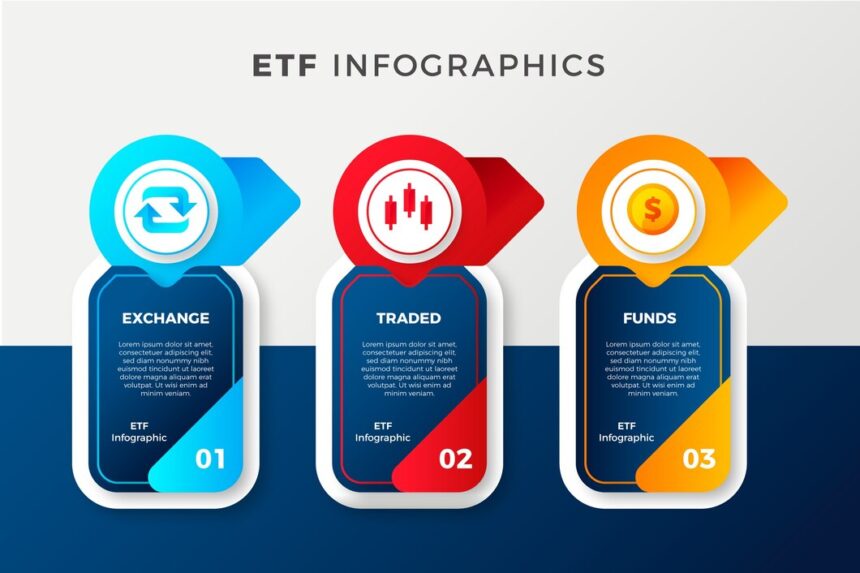Exchange-Traded Funds (ETFs) have gained significant popularity worldwide as an accessible and diversified investment option. For South Africans looking to explore the world of ETFs, here’s a comprehensive guide to help you understand and navigate this investment avenue.
1. Understanding ETFs:
ETFs are investment funds that are traded on stock exchanges, similar to individual stocks. They provide a way for investors to gain exposure to a diversified portfolio of assets, such as stocks, bonds, or commodities.
2. Diversification Benefits:
One of the key advantages of ETFs is diversification. By investing in an ETF, South Africans can spread their investment across various assets, reducing the risk associated with individual stocks.
3. Accessibility and Affordability:
ETFs are known for their accessibility and affordability. Investors can buy and sell ETF shares on the stock exchange throughout the trading day at market prices. This makes them an attractive option for both novice and experienced investors.
4. Local and Global Options:
South Africans can choose from a variety of ETFs that focus on local or global markets. Local ETFs may track indices like the FTSE/JSE Top 40, while global ETFs provide exposure to international markets such as the S&P 500 or MSCI World Index.
5. Industry and Sector Specific ETFs:
Investors can target specific industries or sectors through specialized ETFs. This allows for more precise portfolio construction based on individual preferences and market expectations.
6. Understanding Costs:
While ETFs are generally cost-effective, investors should be aware of associated fees. The Total Expense Ratio (TER) represents the annual cost of managing the ETF and includes fees such as management fees and operational expenses.
7. Dividends and Tax Implications:
South African investors should consider the treatment of dividends and tax implications associated with ETF investments. Some ETFs may distribute dividends, which can have tax consequences, while others may reinvest dividends.
8. Risks and Market Volatility:
Like any investment, ETFs come with risks. Market fluctuations and volatility can impact the value of the ETF. It’s important for investors to assess their risk tolerance and investment goals before choosing specific ETFs.
9. Due Diligence:
Conduct thorough research before selecting an ETF. Understand the underlying index it tracks, review historical performance, and consider factors such as liquidity and trading volumes.
10. Consultation with Financial Advisors:
Seeking advice from financial advisors is advisable, especially for those new to ETF investing. Advisors can provide personalized guidance based on individual financial situations and goals.
ETFs offer South Africans a versatile and accessible way to diversify their investment portfolios. Whether you’re looking for exposure to local markets, global indices, or specific sectors, understanding the dynamics of ETFs and conducting thorough research are key to making informed investment decisions. As with any financial decision, investors should align their choices with their financial objectives and risk tolerance.










